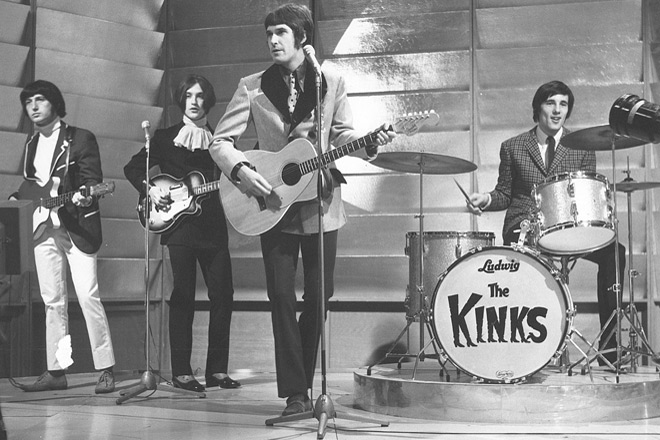
Out of North London, The Kinks are considered one of the most influential Rock-n-Roll bands from the 1960s. A part of what is referred to in popular culture as the British Invasion, The Kinks first struck it big with the energetic guitar driven “You Really Got Me” in 1964, but what was to follow was years of experimentation and diverse musical adventures. From the more direct radio friendly sound of “Tired of Waiting for You” in ’65, to the beautiful depth of “Waterloo Sunset” in ’67, The Kinks were truly a Rock band ahead of the curve. Continuing on into the late ’90s, the story of The Kinks is often talked about, and now BMG help celebrate their music with the two-part anthology release entitled The Journey.
Released in two parts, with The Journey Part 1 (1964-1975) put out in late March of 2023, Part 2 will arrive later this year. In-depth collections that reflect on the music and times of The Kinks, long-time Drummer Mick Avory recently took the time to talk about the release, the history of The Kinks, and more. The most prolific member of the band, apart from Ray and Dave Davies, Avory played on twenty studio albums with the band, is featured on nearly all their recordings, and has lots of stories to tell.
Cryptic Rock – Beginning your career over six decades ago, you have accomplished a great deal. The original drummer of The Kinks, you were a key part of the business success through the ‘60s, ‘70s, and into the ‘80s. So, how did you join up with the band initially?
Mick Avory – Well, to begin with, I still had a day job and everything. Things were drying up where I lived; people I used to play with either gave it up or moved away. I had come to a point where I would like to try it as a profession, and if not, I would go back to work. I just needed an opportunity, so I took the bull by the horns and advertised myself as a rhythm & blues drummer in the Melody Maker (which was a music paper in England at the time). I got this call from a man called Robert Wace; who was in partnership with Grenville Collins, and they were managing The Kinks at the time. I went along, played with the band, and the next day or so they all came to see me, and I got the job after that.
That completely changed me. They had already made a couple of records, and their current one was their take on “Long Tall Sally.” It got onto the bottom part of the chart and they gave us a spot on Ready Steady Go (which was a popular music station on television). They tell me, “Get your tux on, this is what we look like, get on the television, and mime.” That was it, that was my first encounter. It was sort of a joke really; I hadn’t done anything… and I was already on television. (Laughs)
Cryptic Rock – (Laughs) And from there you spent many years behind the kit with The Kinks.
Mick Avory – Yes, it kept going and kept going. We did a few gigs and I got on very well with the music. It was a little bit volatile with the band, problems were solved, but you had to go along with that. The music got quite popular live in some places. Then when “You Really Got Me” came out, that really turned a corner for the band, and put us on the map. Then there was a line of success, I was in the deep end really, and I didn’t expect it. It was obvious Ray (Davies) could write some great, popular songs; of course, that went on for a long time.
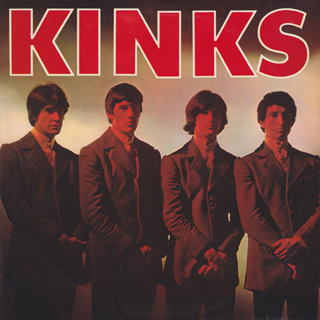
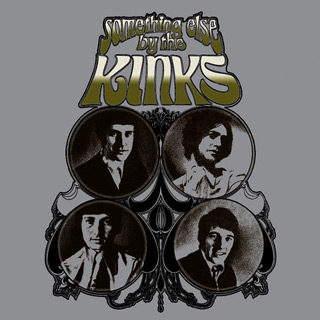
Cryptic Rock – Yes, Ray is a brilliant songwriter. And the band weathered whatever issues arose along the way.
Mick Avory – I went through ups and downs in The Kinks, but the music always got to me, because we were able to write so many different types of songs. I really enjoyed it and it was a lot different from my style at the time, because when I came into it, I wasn’t really a Rock drummer at all. Even though I played in youth clubs and a bit of Rock-n-Roll, I wasn’t completely used to the Rock-n-Roll style. I started in Skiffle; which is more sort of Country and Blues music mixed. Lonnie Donegan was my hero at the time. That’s how I started and developed a style through that. Then I went to a Jazz drummer for lessons, and that really got me into Jazz. Then I went to a hotel and I had a job there before I met The Kinks; two years I was there playing Lounge music. I had quite a different introduction to drumming. (Laughs)
Cryptic Rock – Everyone comes from different backgrounds, and yours seems quite interesting. How did that background translate into working with The Kinks?
Mick Avory – I sort of put that into The Kinks and sometimes it was quite useful. Ray went through all these different ideas. There were periods of time where everything he would write was based on traditional Jazz. He wrote some songs with more of a Jazz feel and combined it with a more Rock-n-Roll rhythm. It kept you on your toes all the time and you could always look forward to the next album being something different again. That really kept me in the band and I really loved it.
Cryptic Rock – It sounds like that diversity was a challenge and fun for you. So, what led you to leave the band?
Mick Avory – Eventually when I did leave, we had come to the time where we had developed ourselves enough. We had a new contract with Arista Records and Clive Davis said, “You’ve got to get into the big places.” So, the music changed a bit then. It got louder, more Rock-n-Roll, and songs that would come across on the big stages. Not every song was like that, but we had a few. We sort of launched all of that with Low Budget (1979).
We got through all of that, did about six albums, and I left because my relationship with Dave was bad. It wasn’t the group I used to know where we all pulled together and worked as a team. It was all individuals doing what they wanted, avoiding each other, and it wasn’t a happy time. In the old days I used to be between Ray and Dave, and it helped, because they could use me as a buffer. They bounced off me a bit, but that wasn’t so as time went on. It felt like I was in the way rather than helping.
Cryptic Rock – That is unfortunate. So, what were the years after your departure like for you?
Mick Avory – I had done everything and I felt that was it. We were linked with a studio that we bought back in ’72, so we had that to fall back on. When I left The Kinks, I worked at the studio. That was a come down, but I was ready for it. It was enough, it had been building up, and it was a natural move for me.
After that, Ray bought out Dave and I, and we weren’t connected with the studio together anymore. We still had the company, so we still had little projects we could do together even though I wasn’t in the band. I still worked there into the 2000s.
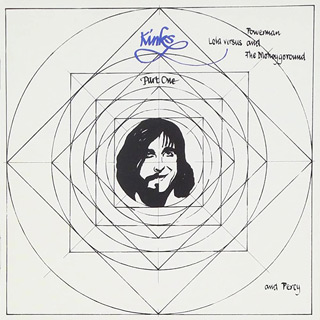
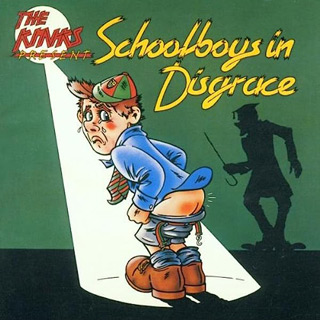
Cryptic Rock – Very interesting. The Kinks music has transcended time and has found new audiences through the decades.
Mick Avory – Yes, the time had come when The Kinks were popular again. The music was becoming popular again and around thirty years ago they started a convention every year in North London. My bass player at the time (John Dalton) had a bereavement with his little boy who died of leukemia and he wanted to do some stuff for charity. He wanted to form this band, so we had a band called The Kast-off Kinks… which we’ve still got. That started with us playing at the convention every year.
Further down the road when The Kinks packed up, we took it on the road and did a few gigs. It’s been going on, but a few months before the pandemic Ian Gibbons (on keyboards) died. That made a big void in the band. We had a two-year break from the pandemic and we just picked up again last year.
There is always a buzz going on somewhere with The Kinks. BMG picked up all our catalogs and they are working on all these albums that are coming to be fifty years old; so, we are doing projects with that. The Kinks have been through a few changes, but it has kept going. But, the most success was the first twenty years. That’s what’s going on now with all the compilations, etc. We just celebrated sixty years of The Kinks, so it never goes away!
When I first joined, I thought it might be two, three, or maybe five years. That is all I could see happening, because you didn’t know the potential. No one knew the potential and it just grew and grew. Even coming out of it, I’ve been to a few bands along the way after leaving The Kinks. I was in a cover band called Shut Up Frank with Dave Clarke on the guitar. I’ve been pretty active and done all these things for different peoples. I’ve done some recordings, but it all comes back to The Kinks. When we formed The Kast-off Kinks… it’s back to The Kinks again. (Laughs)
Cryptic Rock – Wow, it sounds like it has been quite a journey.
Mick Avory – It’s been a roller coaster; it comes back to what I was doing thirty, forty years ago. (Laughs) It’s been quite a journey really. It’s all connected. I’ve always had a little Pop band or something on the side where we do some covers… and obviously The Kinks are some of the covers. It’s quite enjoyable. So, I’ve got two things still going – The ’60s All Stars’ band and The Kast-off Kinks. It works, because with The Kast-off kinks we do weekends, and the other band is during the week. It never goes away. (Laughs)
Cryptic Rock – It is great that it continues to move forward after all this time. You mentioned the new BMG compilation. This first release in 2023 is a double album set called The Journey – Part 1 and it covers the first decade of the band. It is really cool because it follows an order and you can hear the progression of the band over that decade. Does putting this compilation together, and listening to the music, bring back some good memories?
Mick Avory – Yes, and we put comments on all the tracks for The Journey – Part 1. Ray has written on all of them, because he wrote all the songs, but Dave and I have written on quite a few of them as well. There were memories that triggered off at the time. For instance, “The Hard Way” was a very hard song and very direct. The words were almost shouted… like commands. I put on the footnote that it reminded me of a show on television called Whack-O! with Jimmy Edwards. I used to like that program, and Ray and I used to do a little skit where he would be the headmaster and I would be the wimpy one where we would repeat some of the dialog. (Laughs)
That song reminded me of this character in that sitcom. That is off the album Schoolboys in Disgrace (1975) which is based on school kids and the world of school days. I think we were getting back more to the band when we did Schoolboys in Disgrace, rather than lots of other actors and singers. It wasn’t very commercial.
Also, in the ‘70s we did Preservation Act 1 (1973) and Preservation Act 2 (1974) and took that on the road. That was all acted out and different things were happening with dialogue and music. Then that went into Soap Opera (1975) where we had wigs and special costumes.
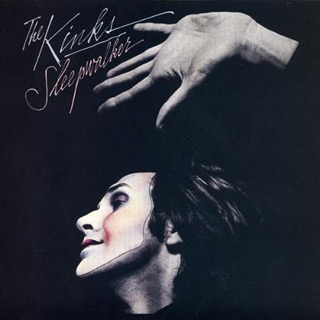
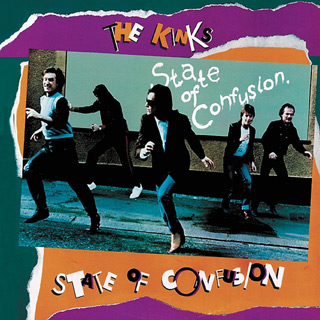
Cryptic Rock – It is very fun to hear how these new compilations bring back all of these memories.
Mick Avory – Yes. It’s funny how all the albums have come back and they all do well the second time around… even if they didn’t do great the first time around. The Kinks Are the Village Green Preservation Society (1968) is a best example; because it wasn’t very popular at all when we released it. Further down the road, thirty years afterwards, it ended up being a cult album that everyone wanted. It’s amazing.
Cryptic Rock – There is so much rich material to uncover with The Kinks. There will also be The Journey – Part 2 later this year, and that will be fun to hear as well. With your vast experience, what would you say is the most important thing you have learned?
Mick Avory – I think the most important thing is to be a team player; for me anyway. I have to fit in, they are not going to fit around me. Certain musicians we’ve tried out had been good players, but they wanted to change everything their way. There was a bass player we had and he said, “It would be much better if we played the bass like this.” The song was already established though… you didn’t need to change it. They try to change things because they think they are superior musicians, but that’s not what it’s all about. I learned that it’s not about being a good musician, it’s about playing the songs with the right feel and the right attitude.
In the beginning I was trying to play Rock-n-Roll like Jazz; it was my technique. It was not because I thought I was superior, but I couldn’t play any other way; you would put things in that don’t really fit the mood. (Laughs) What I really had to do was play a bit more directly and with a bit more volume. With Jazz drummers, you fiddle about with your left hand a lot. They don’t lay it down on the two, four, and bar, they just improvise with the right and left hand. That is good for that music, but it is no good if you are trying to play something straight. You get into a bit of a habit of it, but it didn’t take me long to convert. That hotel experience I had wasn’t good training for what was to come really. (Laughs) However, some of the things I did learn early on came in useful anyway because of Ray’s steering us around in different directions.
When I first joined The Kinks, I couldn’t hear the band. We didn’t have any mics on the drums and didn’t have monitors. All these things developed. It’s much easier today because technology has grown so much. You have this amazing bank of speakers everywhere now and all these gadgets that can make all these songs. If you want to go that way, it enhances what you do. Back then, it was like you were playing in someone’s front room. That’s the way you played on stage, and I couldn’t hear. I couldn’t hear what they were singing, and I thought – how do I know what I sound like? I could sound horrible! When you get in a big theater it’s not easy, it was a shock, and I wasn’t happy with that at all. It was just something I had to get over. My hands used to bleed trying to play loud enough. I used to wear gloves; and that was before they invented drum gloves.
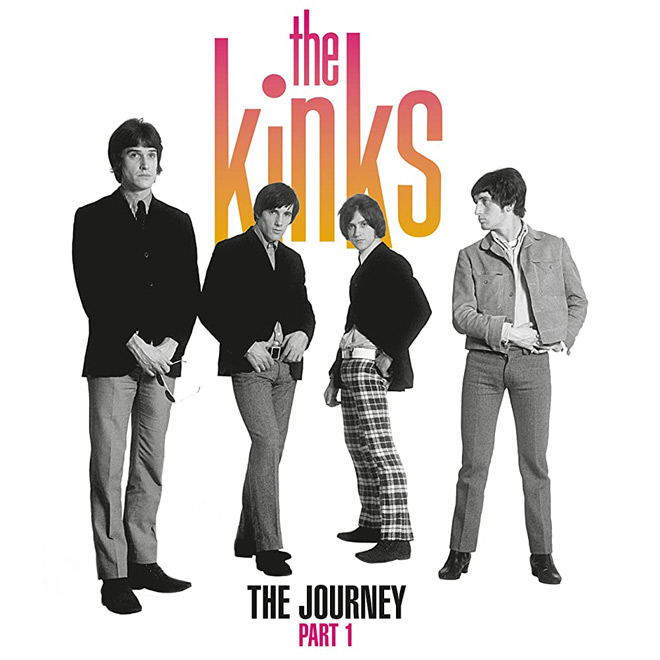
Cryptic Rock – Wow. So, it sounds like your most important lesson learned was the ability to adapt.
Mick Avory – You have to adapt, otherwise you step out of it. If you want to, you just have to do it. It’s difficult sometimes. I suppose it is how the ugly duckling felt… he wasn’t very popular because he was a swan. (Laughs) I suppose the learning curve is different for different people; mine was I had to fit in where I didn’t fit in.
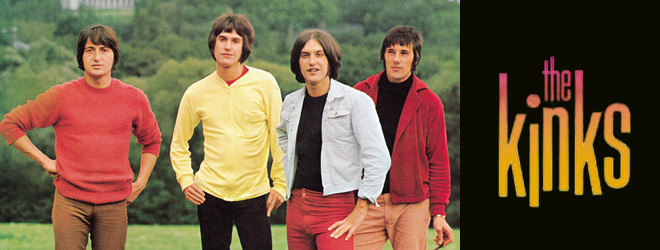
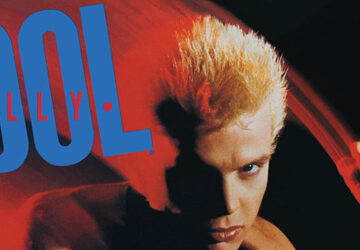
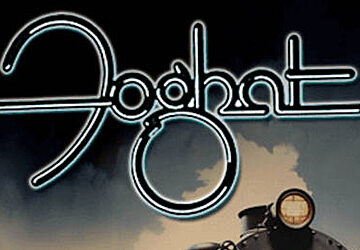
Fascinating interview, love the kinks!